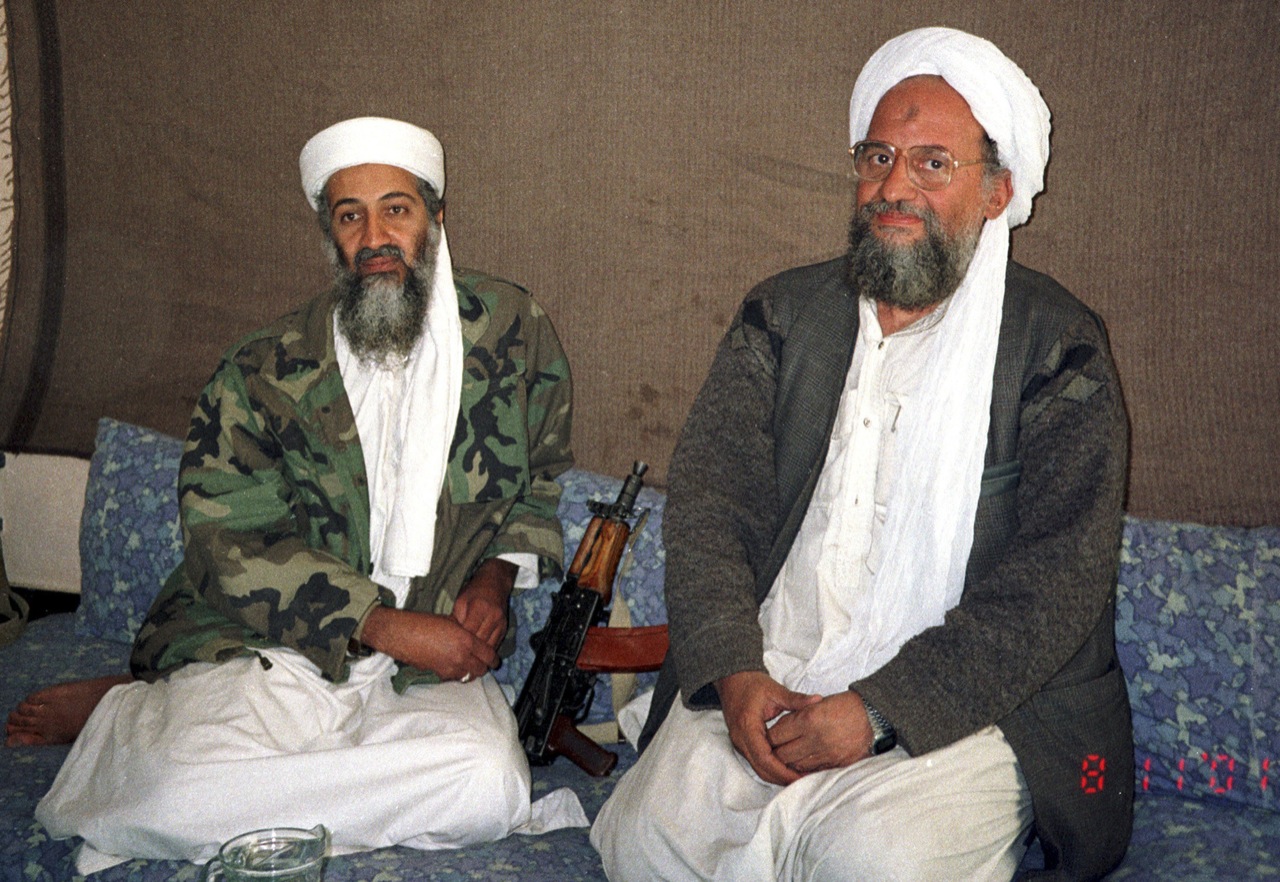According to US sources, al-Zawahiri was on the balcony of his safehouse in the Sherpur area of Kabul when a drone fired two missiles at him. Al-Zawahiri was al-Qaeda’s second in command for decades and after bin Laden’s death in 2011, he took over. Although, it should be noted that the Egyptian doctor’s involvement in militant jihadism began in the 1980s.
Senior Haqqani leaders were aware of al-Zawahiri’s presence in Kabul. The Haqqani Network was granted the responsibility of security of Kabul shortly after the American withdrawal. Although the 2020 Doha Agreement outlined that the Taliban should “…prevent any international terrorist groups or individuals, including al-Qa’ida and ISIS-K, from using Afghan soil to threaten the security of the United States, its allies and other countries”, it was understood that the Taliban/al-Qaeda relationship would continue. A recent UN Security Council report found that “Al-Qaida leadership reportedly plays an advisory role with the Taliban, and the groups remain close.” The Taliban also retorted that the US drone strike is in violation of the Doha Agreement and international principles.
Also, the report found that al-Zawahiri “increased outreach to Al-Qaida supporters with a number of video and audio messages, including his own statement promising that Al-Qaida was equipped to compete with ISIL, in a bid to be recognized again as the leader of a global movement.”
Al-Qaeda’s leadership has been fractured. Even before bin Laden was killed, he was isolated from the global al-Qaeda movement and had little control over the movement. Given the continuing success of franchised groups such as al-Qaeda in the Islamic Maghreb (AQAP, primarily in Western North Africa) and al-Qaeda in the Arabian Peninsula (AQAP, primarily in Yemen), it would be sensible to believe that al-Zawahiri had similar control over the global movement as bin Laden had. Al-Zawahiri was notorious for long-winded speeches which did not have a consistent flow. In a RAND article, by Colin P. Clarke and Asfandyar Mir, al-Zawahiri was described as being “restrained in his operational strategy and sclerotic in his management style”.
However, we need to understand that as ISIS garnered international attention with their ultra-violent and grotesque videos – al-Qaeda was still playing the slow and steady approach. It has been a pragmatic approach and al-Qaeda has weathered the ISIS storm well. It continues to be a jihadist alternative and ISIS franchises have not been able to garner the flashy, internationally gripping. Now social media and therefore have not been able to control any narrative.
Now What?
Al-Qaeda became decentralized when it began to embrace other terrorist groups under its namesake. AQAP, for example, was a merger between the Yemen and Saudi Arabian al-Qaeda groups, which in turn had their roots in non-al-Qaeda branded groups before. AQIM was originally founded in 1998 as the Salafist Group for Preaching and Combat (GSPC). The successes of these groups, and other al-Qaeda branded groups, may mean that the al-Qaeda leadership designated may be more fractured than before. Since al-Qaeda was formed, there were two leaders that would steer the course – bin Laden and al-Zawahiri.
One candidate that some analysts believe might be in the running is Saif al-Adel. A former Egyptian special forces colonel that has links to the 1993 World Tarde Centre bombings as Ramzi Yousef was one of his students. It is also believed that he taught Somali fighters how to take down helicopters with missiles and that one member of his squad from Tunisia brought down one of the MH-60 Blackhawks in what we colloquially remember through the movie Black Hawk Down. He then travelled to Yemen and then back to Afghanistan in 1996. Al-Adel has an impressive resume for the next al-Qaeda leader. He was instrumental in the early foundational moments of al-Qaeda. However, al-Adel is under Iranian house arrest.
Al-Adel was born in the 1950s, putting his age into his 60-70s, which also means that within a few years another leader would be required if he dies of old age. Also, there are only a few photos of him available and al-Adel is not one to release a communique on mass to al-Qaeda, and the overall jihadi, network. This would put his overall authority in question as he has no viable links with the globalized al-Qaeda franchises as they exist now. At least al-Zawahiri was bin Laden’s 2nd in command from the beginning and had some discernible conditionals with the group’s foundation and operation.
There is also the contention that the successful AQAP or AQIM franchises should be represented by being in control of the al-Qaeda transnational group. These two franchises have been very successful and have expanded their operations, and innovations, and have battled with ISIS franchises in their own territories.
These groups have innovated with new propaganda methods – AQAP created the digital Inspire magazine which disseminates even articles on how to build and bomb and inspired the Boston Marathon Bombers to build their own pressure cooker bombs. AQIM expanded operations in North Africa and has relative success in Mali. There was a leak that even suggested that the Malian government would be willing to be in talks to end the violence. This was flatly denied the day after. There is really no reason why al-Qaeda Central has to remain in Afghanistan as the war is over and its leadership can be relocated elsewhere to demonstrate the group’s overall next goals – Yemen or North Africa.
Choosing a leader from either of these groups would mean that there is a potential that al-Qaeda would be willing to be more innovative, disseminate propaganda via 21st-century digital magazines and not long-winded religious diatribes. Depending on the new leader, we may be facing an al-Qaeda 3.0 that would want to branch out more and be more competitive with the disillusioned ISIS movement. It may well foster a new breed of lone wolf attacks and still be more restrained of the violent and gory social media and therefore inviting a new wave of more ‘moderate’ violent jihadists.


